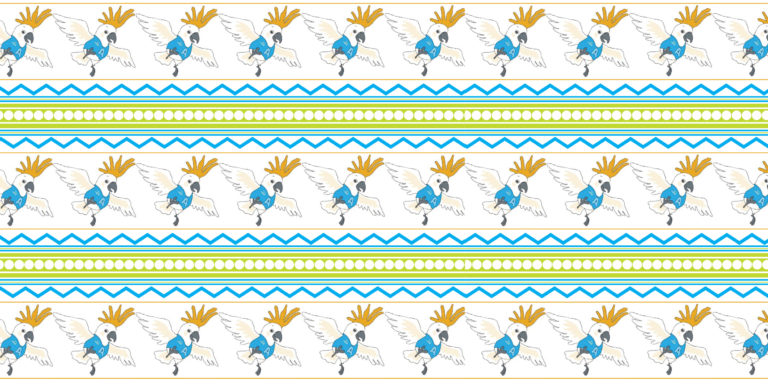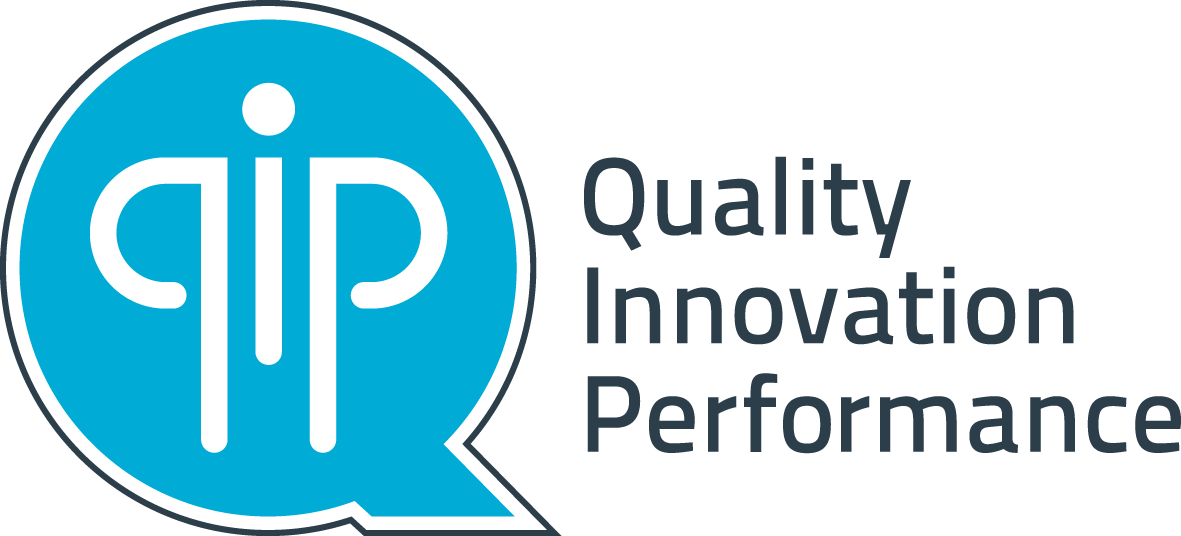Organisations in Focus
Mind Australia

Meet Accredo – Mind Australia Limited’s (Mind) accreditation mascot, a cockatoo – born in 2017 as a symbol of the mammoth four-framework accreditation journey Mind was undertaking to achieve multi-accreditation in February 2018.
For Mind, Accredo the Accreditation Cockatoo symbolises community, communication and the ability to overcome challenges and success. Accredo proudly wears on his singlet a Mind logo, and large ‘A’ for ‘accreditation’, supporting him in full flight, wings spread and ready for action! Accredo lives in Mind’s Intranet, accessible to all 800 plus staff across 60 sites and on his very own Accreditation page. The ‘Accreditation’ page features everything from frequently asked questions to accreditation updates and reminders, as well as Accredo’s personal blog.
Mind is currently accredited against the National Standards for Mental Health Services Accreditation (NSMHS), QIC Health and Community Services (QIC) Standards, Rainbow Tick Standards and Human Services Standards.
Accredo played an important role in Mind’s communication strategy and engagement with staff as they prepared for accreditation. Accredo is a symbol of Mind’s extensive accreditation journey that has incorporated continuous quality improvement as a mantra, rather than an event or audit. Accredo continues to support all Mind staff on their journey of continuous quality improvement through their current and future accreditation cycles.
Mind’s Continuous Quality Improvement Journey
Achieving multi-accreditation at 60 sites around Australia, with over 800 staff, against four frameworks and sets of national standards, all while continuing to ensure each site remained committed to continuous quality improvement is no small feat. We asked Mind’s General Manager Clinical Practice & Quality, Michael Loh, about the processes and systems at Mind that enabled their outstanding achievement of simultaneous accreditation.
Michael indicated that a key part of their success was having a strong quality system. “Mind has a quality framework, an annual quality plan to capture systemic quality activities as well as local quality activities,” Michael said.
“Seamless streamlining can be simplified by having strong quality structures: a) at a board level; b) at an organisational level; c) with the operation of an accreditation committee that has representation from key services/states; and, d) creation of a quality team – that is allocating a quality team member to various states and standards” Michael continued.
Mind’s QIP Client Liaison Officer – Tracy Columb, said that “with the complexity of the number of sites across the country and having multiple frameworks being assessed all at once, Mind should be extremely proud and congratulated on their outstanding preparation and positive attitude towards continuous quality improvement.”
“Mind was very positive with their approach to this large assessment. They had a team of staff with specific roles within the accreditation preparation and this streamlined the process to set them up to really excel” Tracy added.
About Mind
Mind Australia Limited (Mind) is a community managed mental health service and is one of Australia’s most experienced community managed national mental health providers. Mind builds on more than four decades of operation, refining the organisation’s expertise in providing psycho-social support to people impacted by mental ill health and related complex psychological and physical health issues.
Mind believes that people can, and do, recover from mental ill-health and acknowledge that recovery from mental ill-health and its affects, is a diverse, personal and social experience. This belief allows Mind to focus and direct their response by supporting people in their personal recovery as the central component of their purpose. Mind’s expressed purpose is to ‘help [more] people to gain better mental health, and improve the quality of their lives’.
Recovery-oriented practice
Mind formalised its approach to recovery-oriented practice in 2012 and confirmed this commitment in 2016 (Mind’s approach to recovery-oriented practice 2016). Their approach is based on the belief and evidence that people experiencing mental ill-health can and do recover from its affects.
Mind’s focus is on personal recovery, where an individual builds and sustains a life that is purposeful to themselves. The individual themselves defines what recovery means for them, directs their own journey at their own pace and chooses the supports and assistance that suit them best. Recovery is not necessarily an end or goal in itself, but rather a journey, as a person’s sense of wellbeing and wellness will fluctuate at different times. Mind values each individual for their uniqueness, their strengths and values and interests, rather than focusing on their illness or on what they can’t do.
This approach underpins all of Mind’s service models. There are frameworks, procedures and documents, staff training, supervision and coaching, file audits etc. that support recovery-oriented practice.
Accreditation
Tackling such a large amount of accreditation requirements, Mind’s quality structures comprised of multiple finely tuned working parts, including:
- Quality Committees
- Quality, Assurance and Risk Committee (QAR) – a sub-committee made up of Mind’s Board of Directors deal with the adequacy of Mind’s processes for risk management, quality and practice and organisation assurance, as well as Mind’s compliance obligations.
- Quality Team – Two dedicated QQuality Advisors are responsible for all quality aspects including assessing incidents, identifying trends, reporting complaints, overseeing development of Mind’s policies and procedures, as well as accreditation. The team is assisted by Practice Advisors who are key contacts and support for operational teams; they assist in implementation and embedding of new and existing policies, procedures, guidelines and organisational processes and they support participation in Mind’s quality improvement and compliance activities.
- Quality and Safety Committee (QASC) – an organisation-wide, high-level committee comprising executive directors, general managers and all operational streams and States that reports to QAR. QASC monitors progress and receives outcome reports related to the implementation of recommendations generated through external standards review processes, including accreditation.
- Continuous Quality Improvement Committee – monitors progress and receives reports and information related to the development and implementation of Mind’s quality improvement initiatives and activities and the oversight of Mind’s Quality Improvement Activity (QIA) Program.
- Quality Plan – captures organisational/systemic activities. Outcomes are achieved as a consequence of improvement initiatives and are reported biannually through Mind’s organisational committee structure.
- Mind Quality Framework – overarching approach to quality assurance, providing a whole-of-organisation approach to achieving excellence in service delivery. To support the core purpose the framework articulates four quality framework pillars:
– Pillar 1 – An engaged, capable workforce
– Pillar 2 – Effective practice
– Pillar 3 – Consumer, carer and family participation, and
– Pillar 4 – Support safety and minimise risk. - Continuous Quality Improvement (CQI) Register – site-specific/localised service quality activities, acknowledged and rewarded with quarterly awards for good practice.
- Intranet Accreditation Page – detailed page to keep all staff consistently informed and motivated to support accreditation and quality improvement activities.
- Accreditation Mascot – Accredo the Cockatoo
- Simplified Messaging – summarising complex accreditation and quality improvement messages into simple one-to-two page key messages, with each site/localised services to develop local meaning examples.
Thank you to Michael Loh for his insight on the effort expended by Mind Australia to complete their incredible accreditation achievement. To learn more about Mind Australia, visit www.mindaustralia.org.au.



